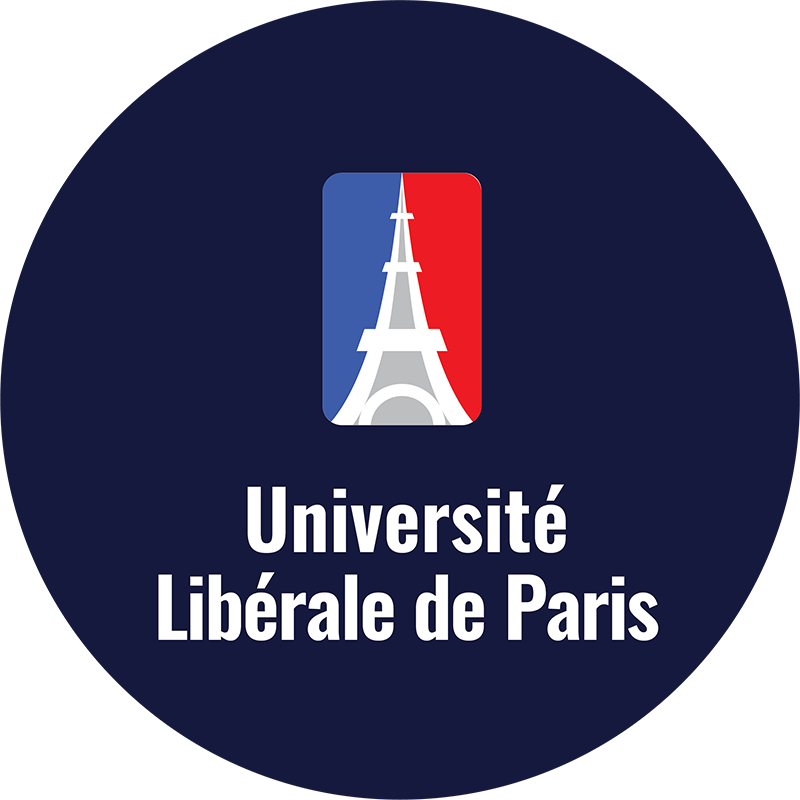The French education structure is well known for being complicated regarding different types and categories of tests and diplomas. French schools are known for being strictly educational. They don’t have many extracurricular activities related to the school, no school dances or significant events, and no posters like you see in other European schools.
The philosophy of French education revolves around a few key points: the teacher being the ultimate classroom authority, the competition encouraged between peers, the emphasis on memory-based learning vs creative thinking and high expectations for academic achievement. This article provides a general look at the French education structure.
Table of Contents
ToggleGeneral French Education Structure
Most French students finish their education at 18, bypassing the baccalauréat (le bac) examination, and 50% of 18–to-21-year-olds attend higher education. Many schools now offer three-year bachelor’s and two-year master’s degrees in higher education. This is in addition to the Grandes Ecoles system, which provides a three-year master’s degree after 2 years of prépa and a competitive admissions test (Concours).
High School in French Education Structure

French education Structure is similar to the worldwide education system.
Most students continue to attend lycée, which is equivalent to high school. The cycle length of Lycée usually lasts until age 18, when students are about to take the baccalauréat (le bac) exam. Le bac ultimately decides their placement in university. Other students in lycée attend the cycle court instead, which is equivalent to a vocational course.
Schools can be competitive in cities, and students are accepted based on academic merit. This is extremely important to the student’s future career because following a subpar college usually means following a subpar lycee. The most elite universities often pass over students who don’t enroll from the most elite lychees.
French Higher Education Structure

French Education Structure is simple, yet it attracts hundreds of students annually.
The French education system now provides 2 distinct options for students looking for the first post-high school experience: preparatory courses (classes préparatoire or prépa) and bachelor’s programs.
Prépa Classes in Higher Education
Prépa classes target French high school graduates and very few non-French students. The popularity of bachelor’s programs among students from French lycées and other international schools abroad could be explained by the fact that many students are seeking a more international post-secondary experience.

Prépa classes help students save time when studying this path.
Students prepare for the Concours by taking 2 years of classes (prépa) and receiving a diploma if they the final pass. The 2 years are intense, with hours and hours spent studying. However, besides assured entry to top business universities, students will have received a solid quantitative background and a liberal arts education.
Degrees in Higher Education
Higher education in France is organised in 3 levels, which correspond to other European countries, facilitating international mobility: the Licence and Licence Professionnelle (bachelor’s degrees) and the Master’s and Doctoral /degrees. The Licence and the Master’s are organised in semesters: 6 for the bachelor’s level and 4 for the Master’s.

There are 3 higher degrees for students to participate in French Education Structure.
Bachelor’s Degree
There’s a wide range of available bachelor’s programs, some balancing theory with practice, others being practically oriented. Students can apply after they graduate high school and receive the degree after 3 years.
There are 3 types of institutions for undergraduates to look up: Public universities, Grand École and Specialised Schools and Institutes.
For further information about French higher education institutions, read here.
Master’s Degree
Your chosen French University grants the Master’s degree after completing Diplôme National de Master (DNM) or a similar graduate-level course, usually given after five years’ worth of studying after the license (bachelor’s).
There are 4 types of Master’s Degrees that students can consider in higher education: Mastère Spécialisé (MS); Mastère en Science (MSc); Master of Art (MA); Master of Business Administration (MBA).
Doctoral Degree
The majority of PhDs in France are conducted as a part of a programme within doctoral schools. They collaborate with research laboratories and centres to provide doctoral training for Ph.D. candidates. A ‘doctorate’ duration is six semesters for a standard 3-year Ph.D., resulting in two teachings (or research) semesters per year.

Students can take part in Doctoral classes, the highest degree in the French Education Structure.
Conclusion
The French education structure has excellent teaching experiences and fulfils the demand of students of all ages. Whether students choose a private, international, or public school to study in France, they will likely receive an excellent education.
Moreover, there are many different programs to choose from. Some of the top programs in Europe and the world attract students worldwide. Those are the advantages that attract students, not only domestic but also international students, who want to have excellent learning experiences.
Université Libérale de Paris is the world’s leading university specializing in teaching post-graduate students. For further information about the courses and school, read here.
References
- French Education System. (2021, March 16). Study in France. https://www.studying-in-france.org/french-education-system/
- Wise. (2017, December 10). The French education system: An overview. Wise. https://wise.com/us/blog/french-education-overview




